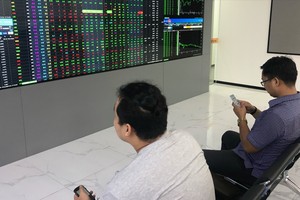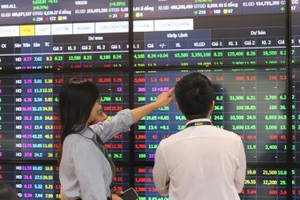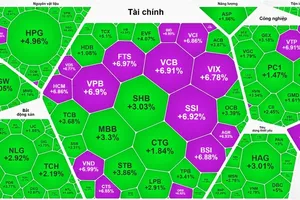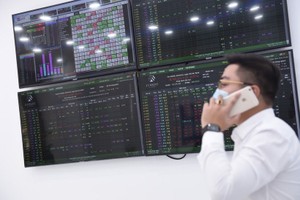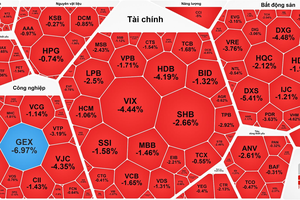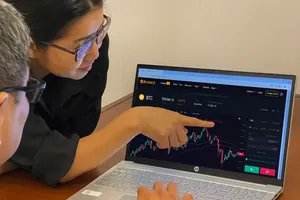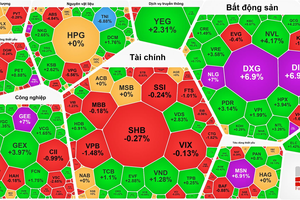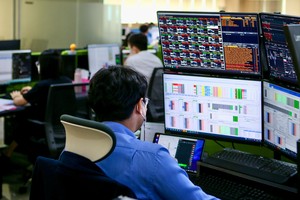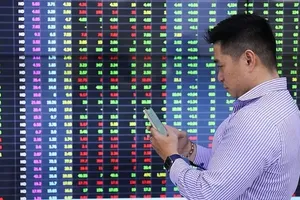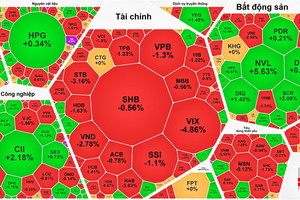
In contrast to some concerns that SBV’s regulations on requiring credit institutions to limit loans to high risk sectors such as real estate, securities and consumption in the third quarter of 2018 could slow down the country’s economic growth, GDP in the period still grew well, helping the indicator in the first three quarters expand 6.98 percent, the highest growth since 2011.
With the high growth, the country’s GDP will need to increase by only 6.1 percent in the last quarter to meet the National Assembly’s 6.7 percent GDP growth target set for 2018. Economists forecast the target is easily achievable as the annual growth rate of the country’s GDP in the fourth quarter averaged 6.87 percent over the past five years.
According to the Ho Chi Minh City Securities Corporation (HSC), this result will help reinforce the SBV’s policy of tightening credit growth in Q3 and SBV will likely continue the policy in the remaining months of the year. In fact, although the official growth target is set at 17 percent in 2018, the credit growth limit assigned to commercial banks was only 14 percent.
“SBV wants to control inflation to keep it below 4 percent while also ensuring the exchange rate is stable,” HSC analysts said, adding the main tool to achieve the targets is to actively restrict credit growth and SBV will be confident to continue its policy at least until the end of the year as the tightened policy didn’t seem to have a negative impact on Q3 GDP growth.
Though inflation has eased in recent months and is currently below 4 percent, the SBV will remain cautious as inflation normally accelerates in the last months of a year due to seasonal factors, the analysts added.
The HSC analysts have also maintained its pre-tax profit growth forecast of listed banks at 45.2 percent in 2018 though projecting the credit crunch will slightly affect the profitability of some banks.
“We are not worried about this as 2018 will be a special year for growth of the banking industry,” the analysts emphasised.
Net interest margin (NIM) and non-interest income of banks are increasing while their provision costs are increasing slowly, they explained, adding banks also have significant irregular income from sales of collateral assets and investments, and recovery of bad debts. The credit slowdown therefore won’t affect the profit of banks too much.
As for 2019, HSC forecasts pre-tax profits of listed banks will rise by 19.8 percent against this year despite the continually tightened credit.-VNS/VNA
